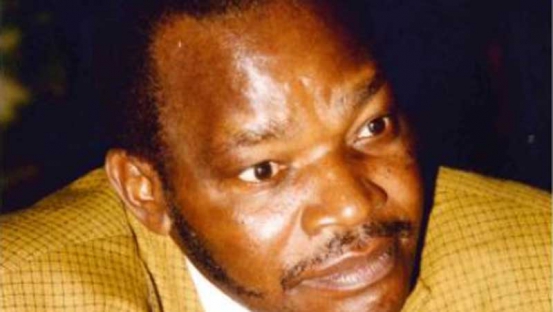×
The Standard e-Paper
Smart Minds Choose Us

President Uhuru Kenyatta’s cousin Ngengi Muigai has lost an appeal seeking to block Kenya Commercial Bank from auctioning 443 acres of land he used as security for a loan 29 years ago.